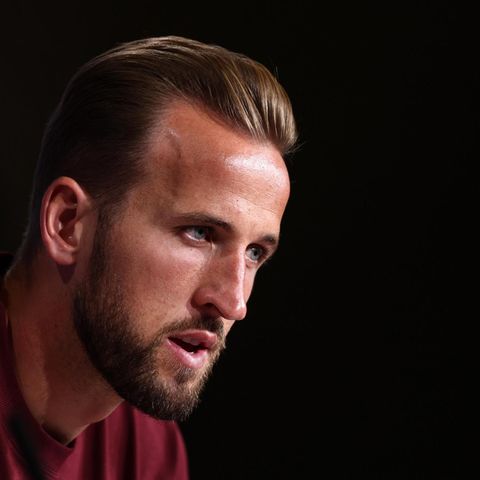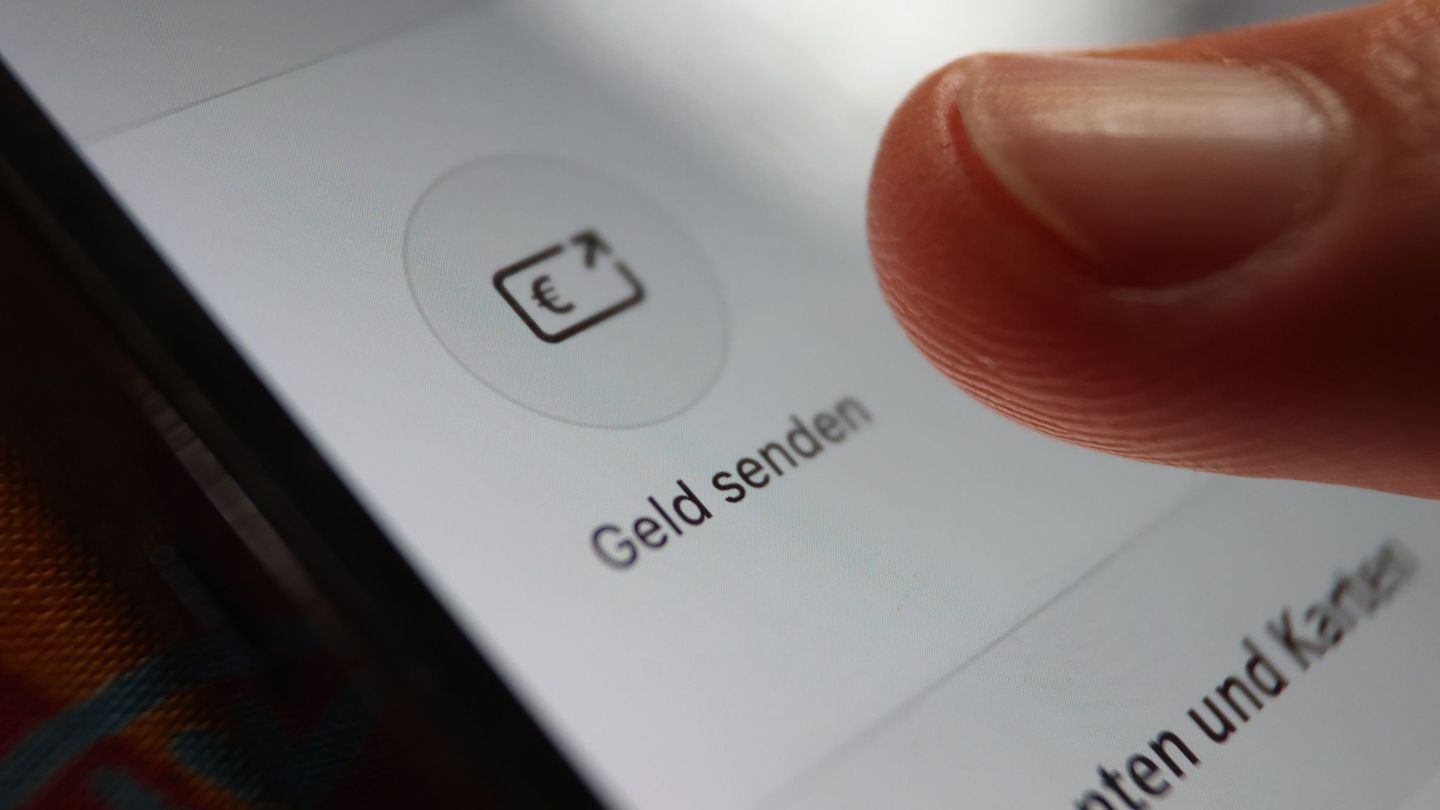The possible pace of phasing out coal, oil, gas and uranium depends on how much green electricity is available. But the Hanover Fair should also be about more efficient use of energy.
In the coming week, the Hannover Messe will also deal with the upheavals caused by the Ukraine war and the consequences of inflation for the “green” conversion of industry.
“The war of aggression has led to supply chains being interrupted and energy prices rising,” said trade fair boss Jochen Köckler at the program presentation on Tuesday. “At the same time, we notice that climate change is actually there – an area of tension that has never existed before.” Expert panels and economic policy talks on the sidelines of the trade fair will therefore be about how to balance the security of the necessary supply of energy and raw materials with the spread of CO2 reduction technologies.
The organizers are expecting around 2,500 exhibitors on the site in the Lower Saxony state capital. Among them are industrial giants such as Bosch or Siemens as well as tech companies (Microsoft, Amazon Web Services, SAP, Google), many medium-sized companies and start-ups. According to Köckler, a good 250 participants will be dealing with the topic of hydrogen, which has great potential as an energy store and climate-friendly reaction partner in processes, for example in the steel and chemical industries. Researchers from the Fraunhofer Society and the Karlsruhe Institute of Technology (KIT) are also involved.
Scholz comes to the opening
In 2020 the Hanover Fair had to be canceled due to the corona virus, in 2021 there was only a reduced version with digital formats. Chancellor Olaf Scholz (SPD) and the Prime Minister of partner country Portugal, António Costa, are now expected at the opening on Sunday evening. Events run up to and including Thursday (2 June).
Deutsche Messe AG considers intensive discussions on how to deal with the major issues of digitization and low-carbon management to be particularly appropriate, especially against the background of energy security and the medium-term goal of independence from Russian supplies. “Only here is the interaction between the producers of energy and efficient production control via digitization shown,” said Köckler. “And no one else but industry will provide the solutions to get us through this tension.”
The accompanying conference program includes around 600 participants on seven different stages. Economics and Climate Minister Robert Habeck (Greens) is expected to come to Hanover on Tuesday.
Farewell to globalization “completely unjustified”
At the same time, there will also continue to be online transmissions – for example for the trade fair audience in Asia, from where it is currently not possible to travel everywhere after renewed corona outbreaks. In general, however, according to Köckler: “We really long for the Hanover Fair to be able to take place again in person.”
Regarding the various crises, Bosch CEO Rolf Najork said: “We have to keep our backs straight and face this challenge. The farewell to globalization is completely unjustified.» Mechanical engineering, electrical engineering and digital technologies are “big levers” to effectively tackle problems such as climate change, scarcity of resources and demographic change.
However, the manager warned: “The prerequisite is that we have enough green electricity.” Germany is still struggling to develop large numbers of renewable sources. And you basically have to be open to different technologies. “If we don’t do that, we’ll get stuck somewhere in the quicksand of the energy transition.”
Source: Stern
Jane Stock is a technology author, who has written for 24 Hours World. She writes about the latest in technology news and trends, and is always on the lookout for new and innovative ways to improve his audience’s experience.




